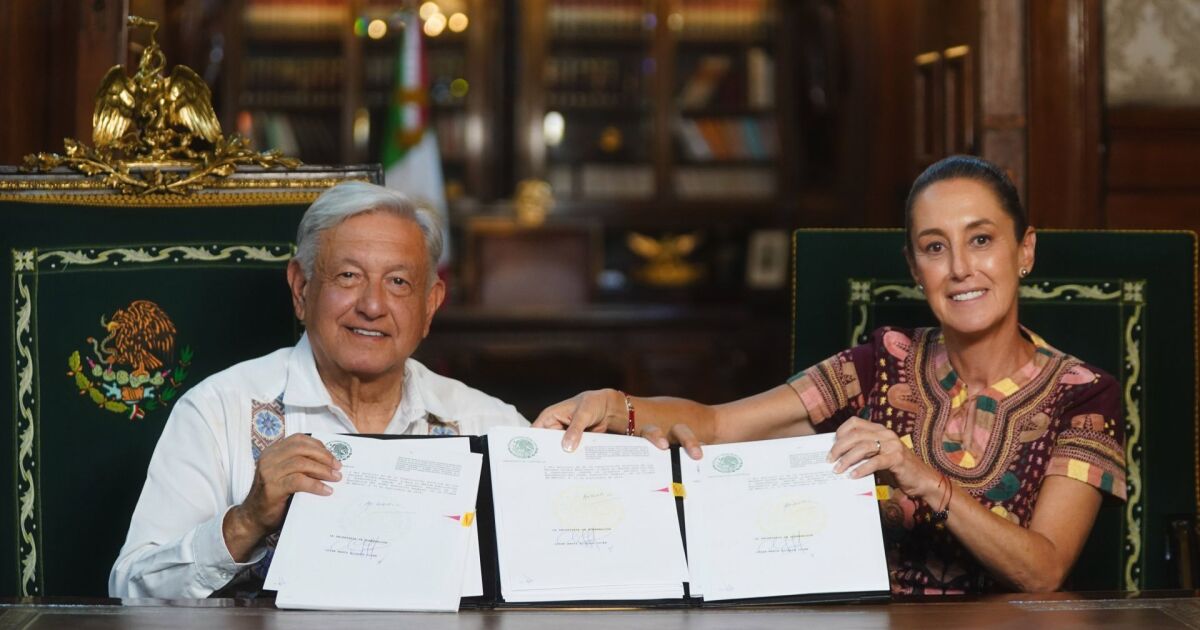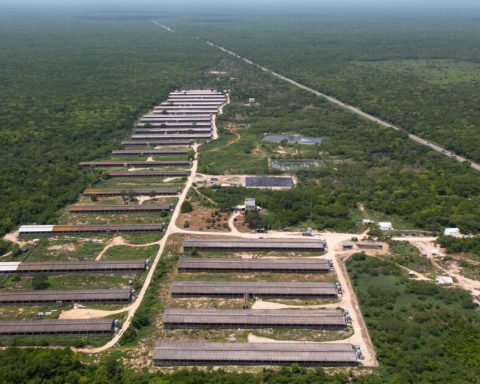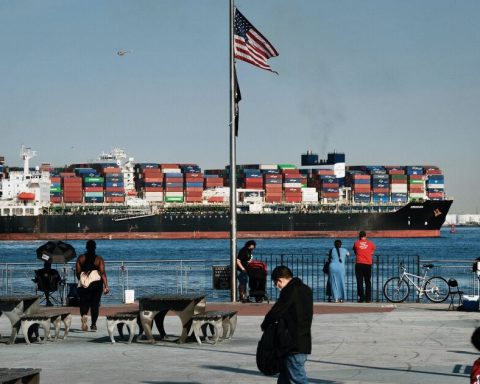For its part, the National Electoral Institute (INE) reported that it has received 140 orders to suspend the organization of the election of the Judiciary, so the councilors have already decided to stop activities related to the process that will take place in 2025. .
Guadalupe Taddei, president of the INE, said that they will not disregard the judges’ resolutions, hours after President Claudia Sheinbaum assured that there are no reasons not to continue with the organization of the judicial election.
“If this is definitively suspended, it will have to be complied with, but at this moment we are waiting for the resolutions to arrive and take effect,” said the official.
“This wait will put us in trouble, this calm of not moving forward with legal acts from the General Council itself, it may put us in a complication, but we will have to resolve it,” he added.
Taddei said that the Electoral Institute also awaits what the Supreme Court of Justice of the Nation (SCJN) resolves regarding the processes that led to the approval of the reform.
“There is a transition that establishes that everything that has not been decided, since they empower the Institute to implement regulatory measures, and there are theses, there are jurisprudence, that speak of the latest reform is the one that would be taken into account,” he explained about the lack of secondary laws.
In September, Congress, with a pro-government majority, approved a broad reform of the justice system that, among other things, establishes the election of judges by popular vote. The constitutional changes have hit local markets and scared investors.
On June 1 of next year, the election will be held to replace all the ministers of the Supreme Court – which will go from 11 to nine members -, members of the Disciplinary Court, vacancies in the Superior Chamber, all of the regional chambers of the Electoral Tribunal and half of the country’s magistrates and district judges.
In 2027 the remaining positions will be elected.
The ruling party maintains that a transformation of the justice system is necessary because “it is not at the service of the people” and “it responds to the interests of organized crime.”
The reform has also generated concern among Mexico’s investors and business partners, who fear that it will weaken the balance of power and damage the business climate in Latin America’s second largest economy.
At the beginning of October, the Supreme Court of Justice of Mexico (SCJN) declared itself competent to determine whether the judicial reform promoted by former president Andrés Manuel López Obrador affects the autonomy of the Judicial Branch, the independence of its members and the principle of division of powers.
-Information in development.

















